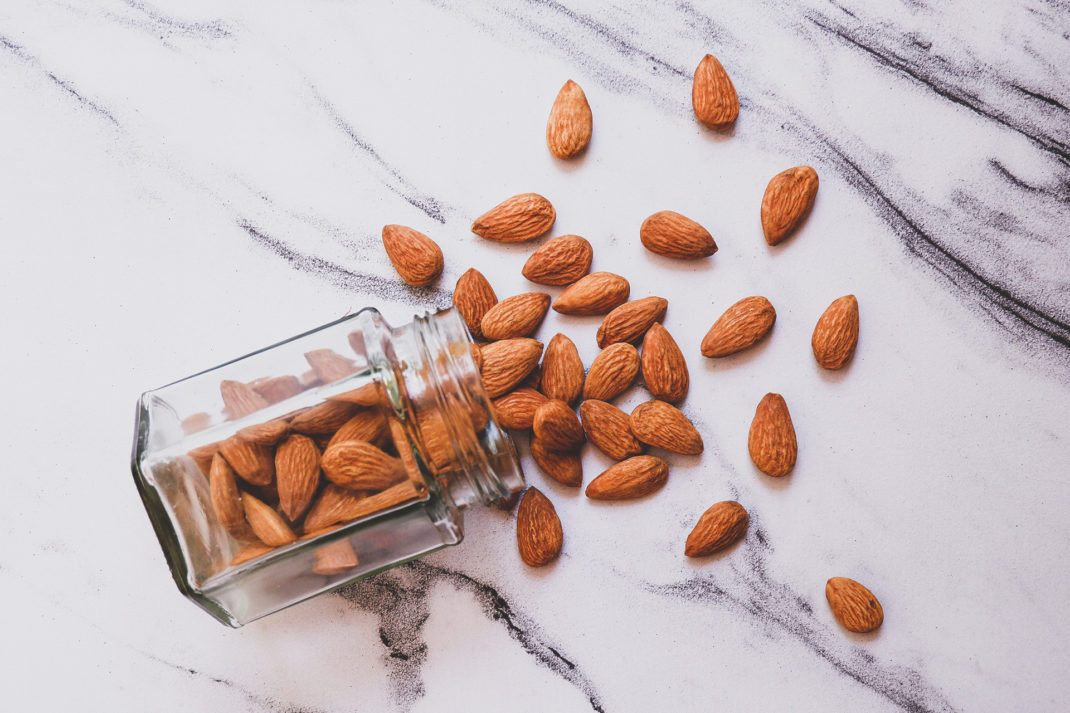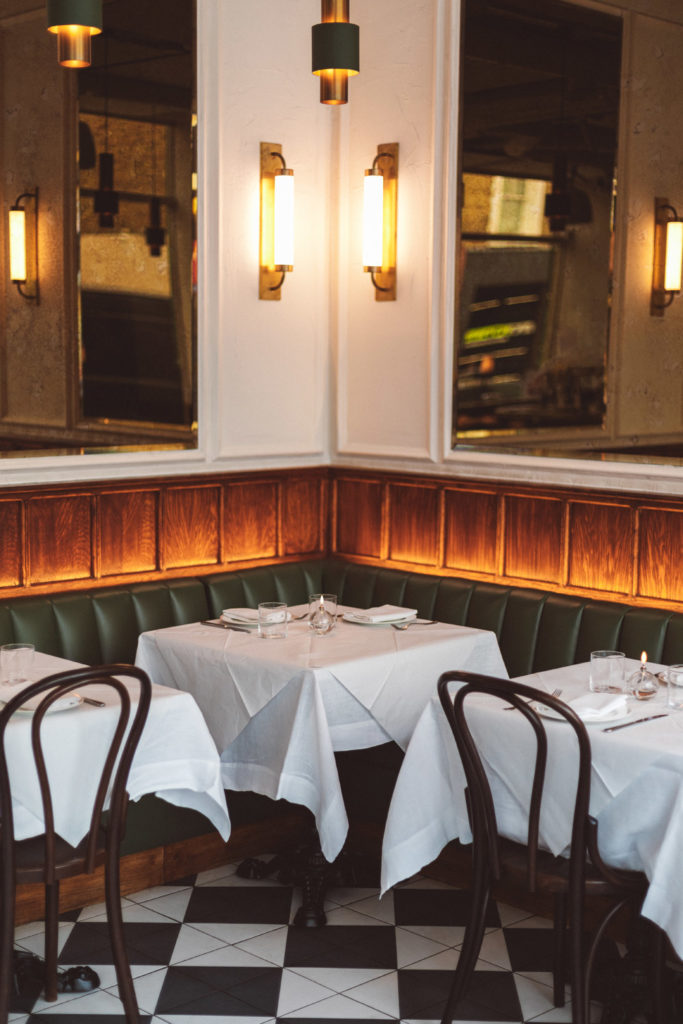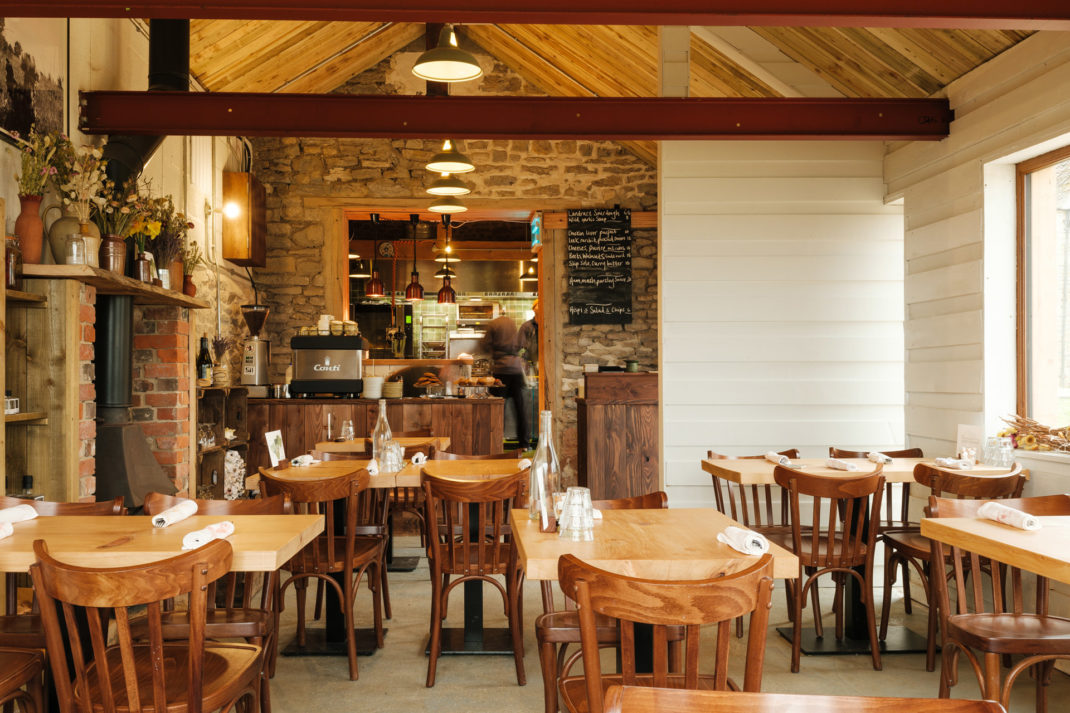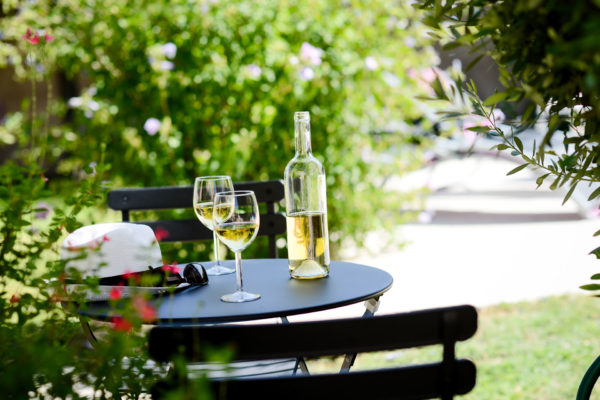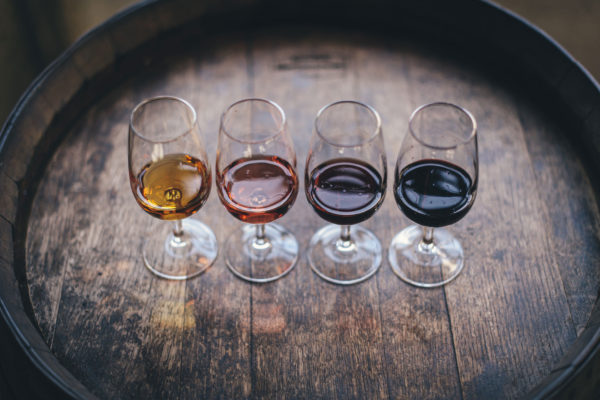How Can Wineries Address The Issue Of Climate Change?
By
1 year ago
Sustainability is no longer optional
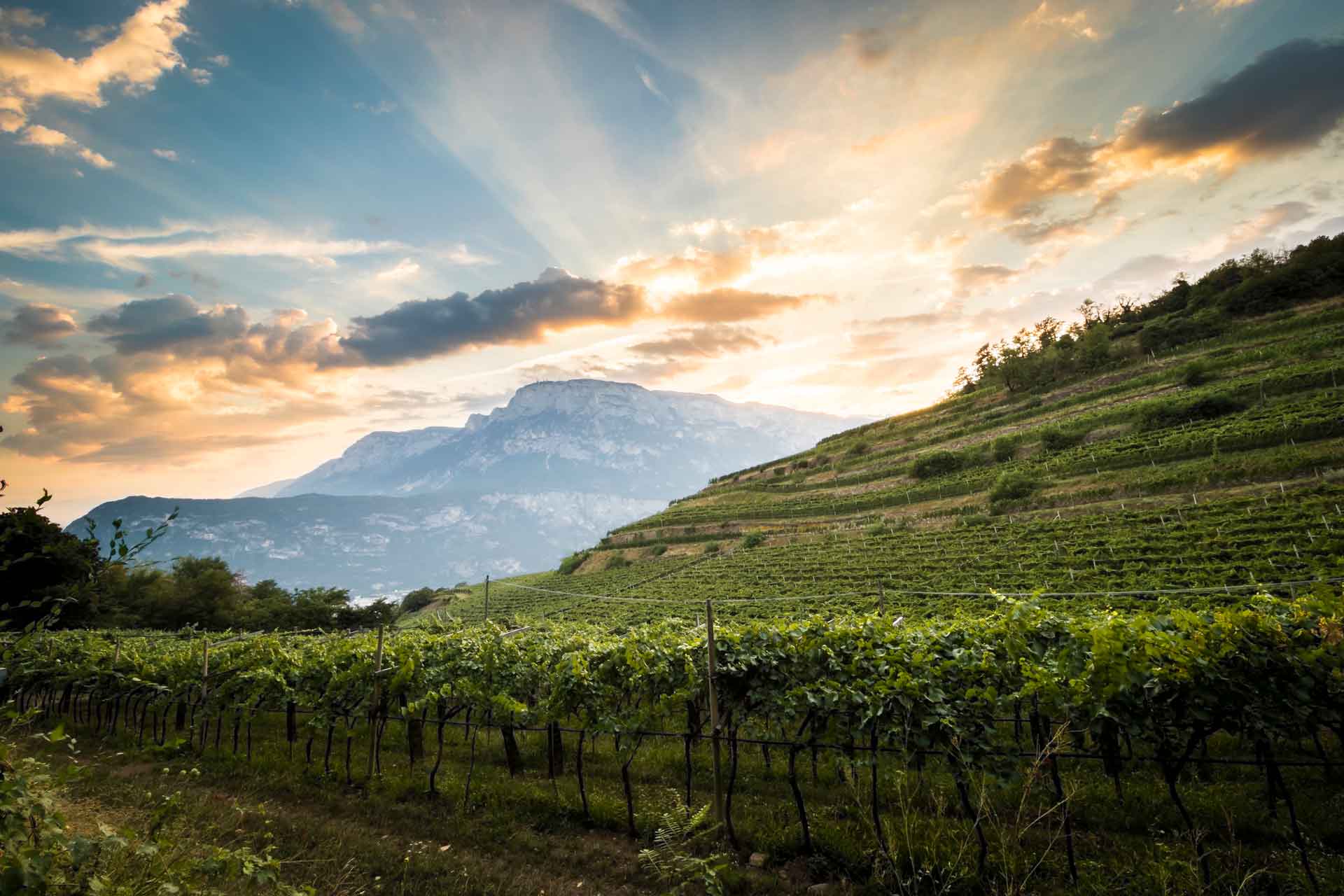
With climate change and extreme weather leading to shifts in wine consumption and production trends, there are question marks over the future of the industry. The UK has been described as a ‘winner’ as demand for British wines increases in line with the shifting climate, though really, there are no winners when it comes to global warming. So what are industry leaders doing to counteract the effects of climate change? We spoke to Matteo Lunelli, Chairman and CEO of Ferrari Trento, winners of Sustainable Winery of the Year, to see what they’re doing, and how others can fall in line.
Can you tell us about the journey towards becoming more environmentally conscious?
Our winery has always had a virtuous relationship with the land, which we wish to protect and promote. Our desire to protect it is demonstrated by the Biodiversity Friend and Organic certification of all the vineyards we own and our constant commitment to reducing the impact of production processes in the winery. This is why in 2022, for the second year, Ferrari Trento achieved a certification of carbon neutrality, making the climate impact of the company’s direct emissions zero.
What are you still working on when it comes to being a sustainable winery?
On the environmental side, we continue our effort in the vineyard (organic, biodiversity, Ferrari vineyard protocol) and strengthen our effort in the winery: we are certified carbon neutral from 2021, but we are planning some investments to further reduce our emissions such as the expansion of our photovoltaic plant. We will also activate a new wastewater treatment plant.
We are also very active on the social side: every year we have increased the amount of welfare support given to all our employees. We have some ongoing initiatives on the territories, ranging from charity and social support initiatives to 2 projects in schools: “Adopt a school”, supporting a vocational school, and “I do not drink it” to sensitise young people on responsible drinking.
What are the main challenges facing the wine industry as the climate continues to change?
First, we counteract global warming by planting new vineyards higher in altitude in order to preserve freshness in our sparkling wines. In Trentino, if you go 100 metres higher you have on average of one degree less average temperature throughout the year. In the long term we can then compensate for the effect of climate change in order to preserve the style of our Ferrari Trentodoc.
In addition, we face more and more extreme weather conditions, and this requires higher agronomical skills and more precision farming to make sure we assure quality every vintage. We are also using special nets for our Pinot Noir grapes to protect the grapes of this variety which is extremely delicate in case of hail.
Can you tell us what makes sparkling wine from this region special?
Ferrari Trento has been loyal to the Metodo Classico, also known as the champagne method, as the sole production process for the last 120 years. What makes the Trento region special is the mountains. We plant our vines high on Italian Alps in the region of Trentino, around 300 – 600 meters above sea-level and all grapes that intend to become Ferrari such as Chardonnay and Pinot Nero come from the hillsides of the mountains. In our wines you can taste the ripeness from the warm Italian sun as well as the crispness from the cold, fresh mountain air. All vineyards are cultivated according to the Trentodoc guidelines and strict company procedures to maintain sustainability and ensure the terroir is preserved for future generations.

